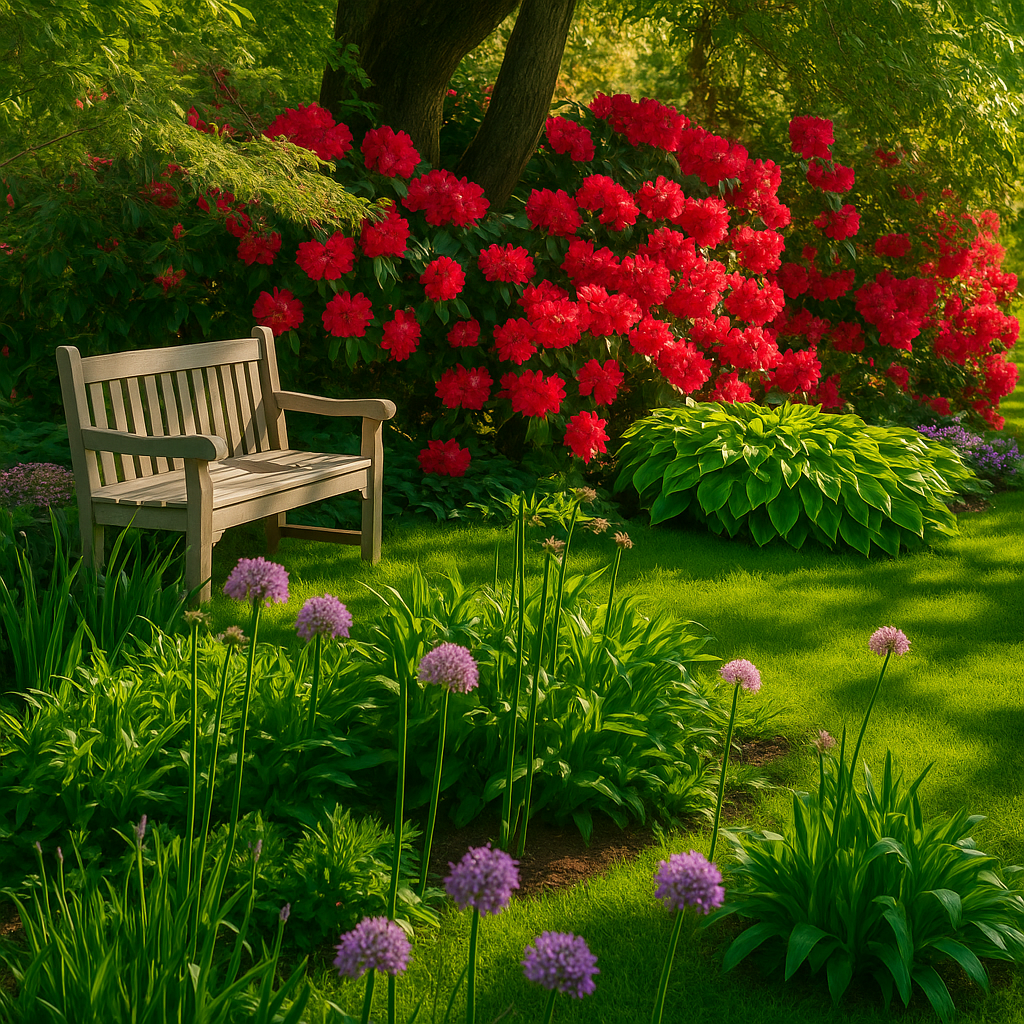Introduction
Beauty has long been a subject of fascination, debate, and redefinition. For centuries, societies have imposed rigid standards of attractiveness, often tied to physical appearance—symmetrical features, clear skin, a certain body type, or youthfulness. However, as cultural perspectives evolve, so does the understanding of what truly makes someone beautiful. Increasingly, confidence is being recognized as the most powerful cosmetic—one that transcends age, gender, and conventional aesthetics.
This essay explores the idea of redefining beauty by placing confidence at its core. It examines how societal beauty standards have shifted, the psychological impact of self-assurance, and why confidence is more transformative than any makeup or cosmetic procedure. By embracing confidence as the ultimate form of beauty, individuals can cultivate self-acceptance and inspire others to do the same.
The Evolution of Beauty Standards
Historical Perspectives on Beauty
Throughout history, beauty standards have varied dramatically across cultures and eras. In ancient Egypt, elongated eyes and symmetrical faces were idealized, while Renaissance art celebrated fuller figures as a sign of wealth and health. The 20th century saw drastic shifts—from the curvaceous icons of the 1950s to the waif-like figures of the 1990s.
These standards were often dictated by media, fashion, and societal power structures, reinforcing narrow definitions of attractiveness. Women, in particular, faced immense pressure to conform, leading to harmful practices like extreme dieting, cosmetic surgeries, and skin-lightening treatments.
The Modern Shift Toward Inclusivity
In recent years, there has been a growing movement toward body positivity, diversity, and self-acceptance. Campaigns like Dove’s Real Beauty and Rihanna’s Fenty Beauty have challenged traditional norms by showcasing a broader spectrum of skin tones, body types, and ages. Social media, despite its pitfalls, has also given a platform to marginalized voices, allowing people to redefine beauty on their own terms.
Yet, even as representation improves, many still struggle with self-doubt. This is where confidence becomes the ultimate equalizer—a quality that can make anyone radiant, regardless of external validation.
The Power of Confidence
What Is Confidence?
Confidence is an internal sense of self-assurance, the belief in one’s worth and abilities. Unlike arrogance, which relies on superiority, true confidence is rooted in self-acceptance. It is the ability to walk into a room without comparing oneself to others, to speak with conviction, and to embrace imperfections without shame.
Why Confidence Outshines Physical Beauty
Physical attractiveness is subjective and fleeting. Aging, changing trends, and personal circumstances can alter one’s appearance, but confidence remains timeless. Consider iconic figures like Lupita Nyong’o, who radiates elegance not just because of her striking features but because of her poise and self-assured presence. Or comedian Amy Schumer, who uses humor and authenticity to challenge conventional beauty ideals.
Studies in psychology support this idea. Research has shown that people who exhibit confidence are often perceived as more attractive, competent, and charismatic—even if they don’t fit traditional beauty standards. This is because confidence is magnetic; it draws people in and creates an aura of authenticity.
The Psychological Benefits of Confidence
Beyond perception, confidence has tangible mental health benefits:
- Reduced Anxiety – When individuals stop obsessing over flaws, they experience less social anxiety.
- Greater Resilience – Confident people bounce back from setbacks more easily.
- Improved Relationships – Self-assurance fosters healthier connections, as confident individuals are less likely to seek validation from others.
How to Cultivate Confidence
1. Self-Acceptance Over Perfection
The pursuit of perfection is a losing battle. Instead, embracing one’s unique traits—whether it’s freckles, scars, or a distinctive laugh—can be liberating. Practices like positive affirmations and gratitude journaling can reinforce self-worth.
2. Dressing for Yourself, Not Others
Fashion should be an expression of individuality, not conformity. Wearing what makes one feel powerful (whether it’s bold colors, tailored suits, or casual comfort) boosts confidence more than following trends.
3. Developing Competence
Confidence isn’t just about appearance—it’s also about skill. Mastering a hobby, excelling in a career, or improving public speaking can enhance self-belief.
4. Surrounding Yourself with Positivity
Negative influences (whether people or media) can erode confidence. Curating a supportive environment—through uplifting friendships, motivational content, and self-care routines—strengthens self-esteem.
5. Practicing Body Neutrality
Not everyone can love their appearance all the time, and that’s okay. Body neutrality—focusing on what the body can do rather than how it looks—can be a healthier approach than forced positivity.
Confidence as a Form of Rebellion
In a world that profits from insecurity (through beauty ads, cosmetic surgeries, and filters), choosing confidence is an act of defiance. It rejects the idea that worth is tied to appearance and instead celebrates individuality.
Figures like Lizzo, who proudly embraces her body, or actor Pedro Pascal, who carries himself with effortless charm, demonstrate that confidence is the ultimate statement. It says: I define my own beauty.
Conclusion
Beauty is no longer just about symmetry, youth, or unattainable ideals—it’s about the energy one brings into a room. Confidence, as the ultimate cosmetic, cannot be bought or applied; it must be cultivated from within. By shifting focus from external validation to self-assurance, individuals can redefine beauty in a way that is inclusive, empowering, and lasting.
In the words of Audrey Hepburn, “The beauty of a woman is not in the clothes she wears, the figure that she carries, or the way she combs her hair… True beauty in a woman is reflected in her soul.” Confidence is that reflection—the most radiant cosmetic of all.
